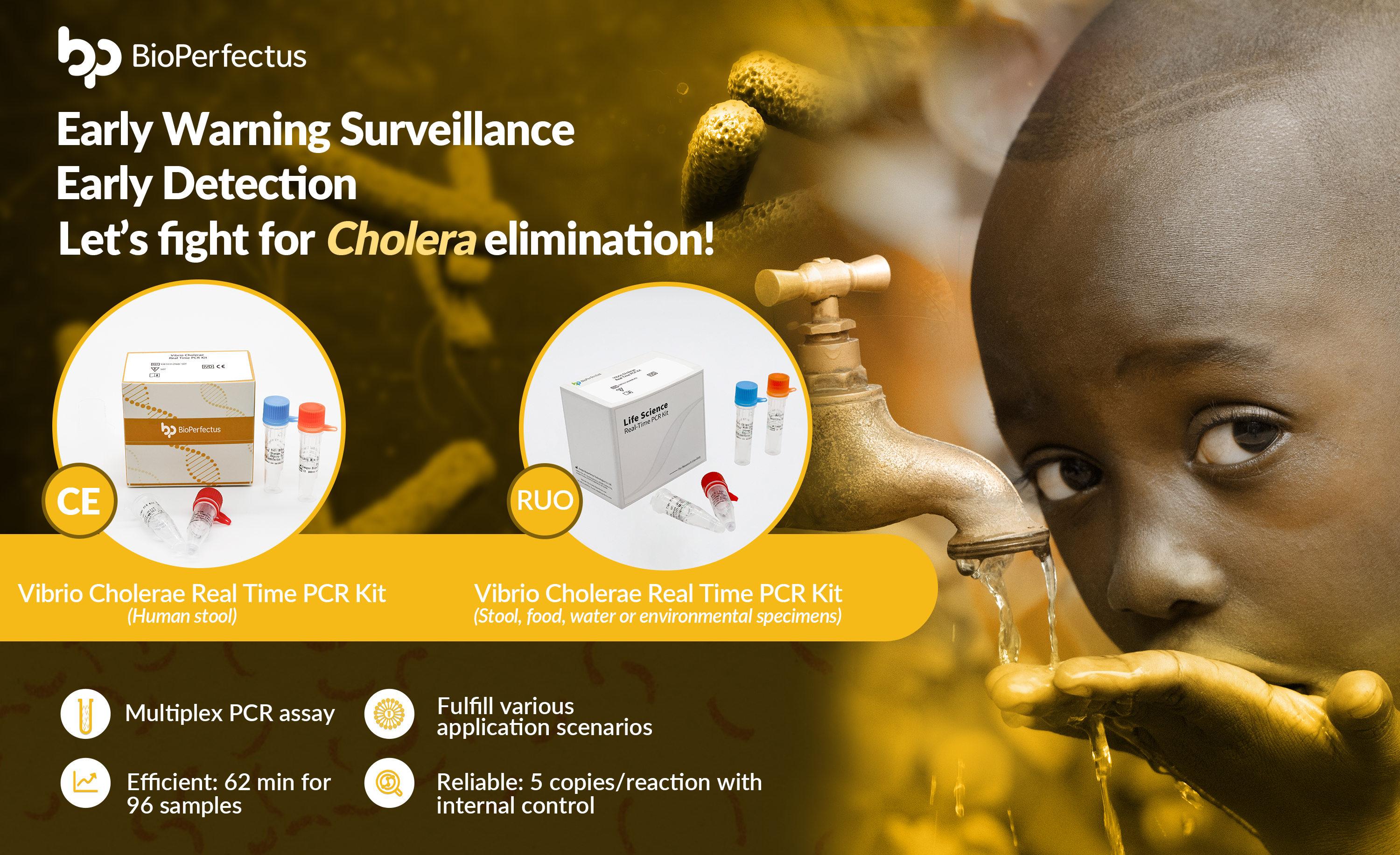The World Health Organization (WHO) recently issued a warning regarding the worsening global cholera situation, with four new countries reporting outbreaks since 11 February 2023. As of 20 March, 24 countries are facing cholera outbreaks, affecting over 1 billion people in 43 countries. Cholera remains a significant global public health concern, and WHO categorizes the risk level as very high.

Figure 1 : Global situation of active epidemics of cholera and acute watery diarrhea as of 20 March 2023

Figure 2: Cholera cases and deaths reported to WHO from WHO regions, as of 20 March 2023
Understanding cholera: fast facts
- A global strategy on cholera control, Ending Cholera: a global roadmap to 2030, with a target to reduce cholera deaths by 90% was launched in 2017.
- Researchers estimate 1.3 to 4.0 million annual cholera cases worldwide, resulting in 21,000 to 143,000 deaths.
- Cholera is an acute diarrhoeal disease that can kill within hours if left untreated.
- Safe water and sanitation provision are crucial for preventing and controlling cholera and other waterborne diseases.
- Severe cases require rapid treatment with intravenous fluids and antibiotics.
Causes of cholera
Cholera is an intestinal infection caused by Vibrio cholerae bacteria, typically contracted through contaminated water or food. Cholera can cause extreme diarrhea, leading to dehydration and potentially death.
Symptoms
Cholera can cause severe acute watery diarrhea, with symptoms appearing between 12 hours and 5 days after ingesting contaminated food or water. Cholera affects both children and adults and can be fatal within hours if untreated. Most infected people do not develop symptoms but can still spread the bacteria. Among those with symptoms, most experience mild to moderate effects, while a minority suffer from acute watery diarrhea and severe dehydration, which can be life-threatening if left untreated.
How to identify a cholera case
According to the World Health Organization (WHO), a suspected cholera case involves the confirmation of Vibrio cholerae O1 or O139 through culture or polymerase chain reaction (PCR). In countries where cholera is not present or has been eliminated, the Vibrio cholerae O1 or O139 strain must be demonstrated as toxigenic.
Prevention and control
Having access to clean water is crucial for cholera prevention and control; however, it is not the only approach to fighting the disease. Additional essential strategies include providing clean drinking water, upholding proper sanitation, encouraging improved hygiene practices, implementing vaccination programs, using antibiotics when needed, and swiftly detecting and addressing cholera outbreaks.
What can BioPerfectus provide for cholera prevention and control?
BioPerfectus offers two Vibrio Cholerae Real Time PCR Kits – one designed for human diagnosis with a CE certificate and another for environmental surveillance. These kits are crucial for the early detection of Vibrio cholerae infection and support early warning surveillance efforts, significantly contributing to the global prevention and control of cholera.

Reference:
1. https://www.who.int/emergencies/disease-outbreak-news/item/2023-DON437
2. https://www.who.int/news-room/fact-sheets/detail/cholera?gclid=Cj0KCQjw2v-gBhC1ARIsAOQdKY0oif08JfdaVxk7a9TuibPFTFblsW64-2TpJFlx0TmTIIB6WroNcT4aAtuBEALw_wcB
3. https://www.gtfcc.org/wp-content/uploads/2020/09/ending-cholera-a-global-roadmap-to-2030.pdf

